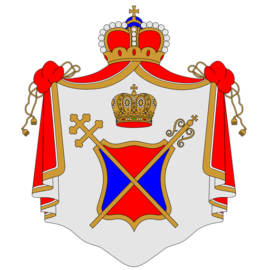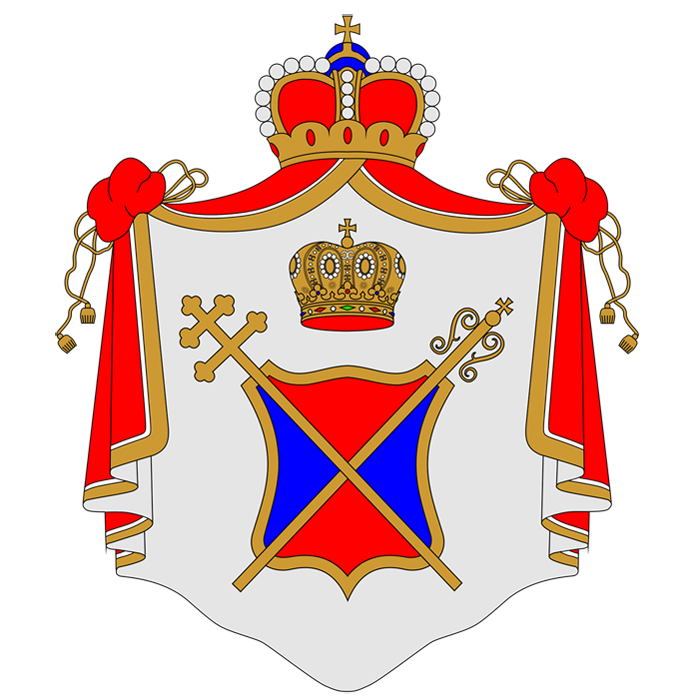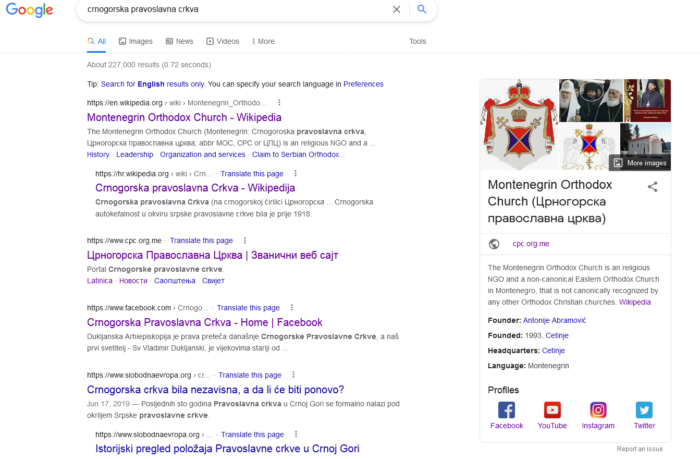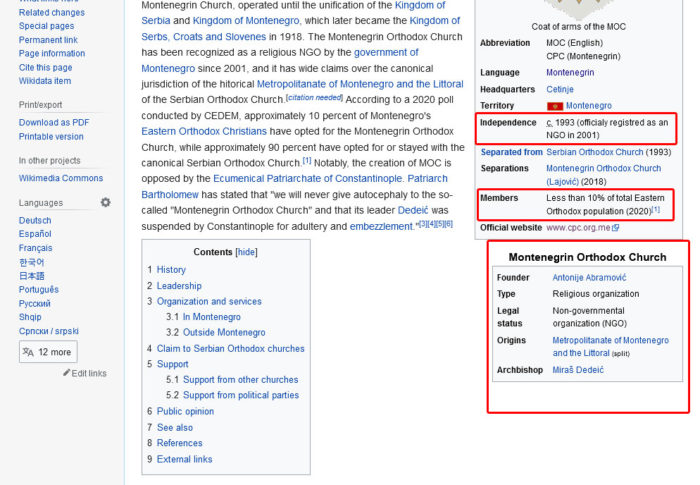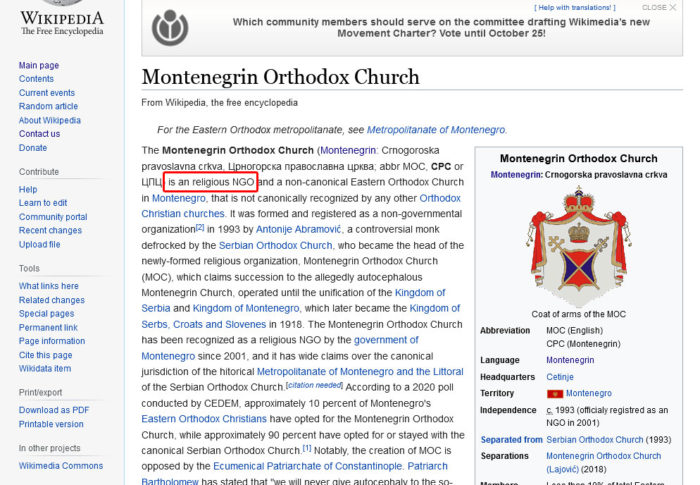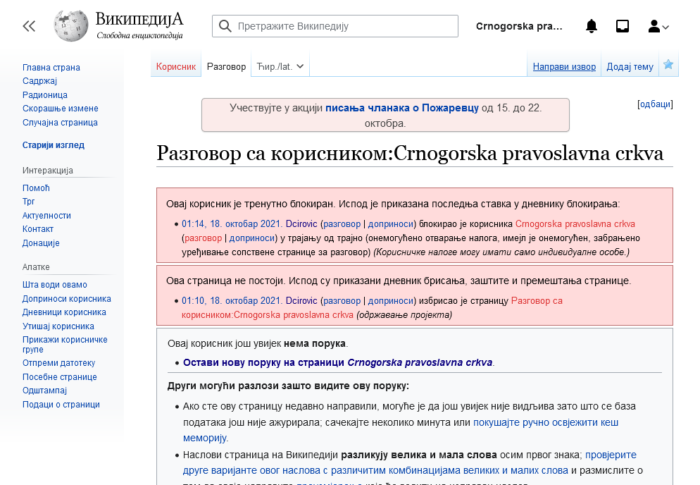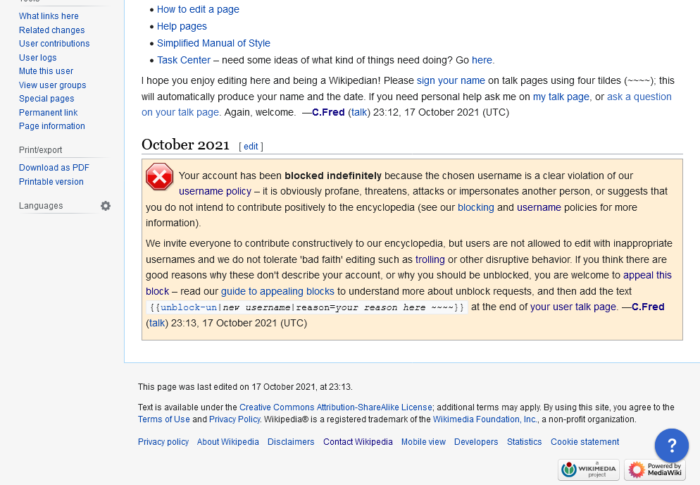Cyber war against the Montenegrin Orthodox Church
Image by Gerd Altmann from PixabayThe discrimination, persecution and disqualification that the Montenegrin Orthodox Church (MOC) has been struggling with for almost 30 full years in the real world has now been experienced in the virtual world as well.
If you type the term “Montenegrin Orthodox Church” on your favorite search engine, you will get information, in all languages, that it is an “NGO”, ie. non-governmental organization, and in the best case that it is a “religious NGO“, although such a term is not known anywhere in the world. Search engines are based on “robots”, ie. smart programs (they can also be called artificial intelligence), which buy information from various sources and then publish it for users.
One of these sources has existed for many years and what Google is in the field of search in the cyber world, that it is Wikipedia among the encyclopedias. From the very beginning, it has established itself as a free encyclopedia on the Internet, and if you are looking for a reliable and comprehensive answer, in 99% of cases you will type the word “Wikipedia” into Google or another search engine along with the search term.
The data that Google provides for the Montenegrin Orthodox Church are, therefore, taken from Wikipedia. Our web administrators have tried several times to correct inaccurate data, one of which is that the Montenegrin Orthodox Church enjoys less than 10% of support in the Orthodox population in Montenegro, which has been denied by recent CEDEM research in July this year.
Namely, the CEDEM research showed that the Montenegrin Orthodox Church is supported by 21%, the Serbian Orthodox Church by 43%, while 35% of Orthodox population did’t want to give an answer to that question, which is very important and indicative.
The basic question wich we, as beleivers of our holy Montenegrin Orthodox Church and as people who feel the need to defend our right to call ourselves Montenegrins, should ask ourselves is why such things are ignored? Like it doesn’t matter? It’s as if people in the 21st century are not getting information their first information from the Internet. From what is more important, and that is the information on the Internet and the people who post it, we make something less important.
As already mentioned, there have been several attempts by the MOC webmaster to correct easily verifiable lies on Wikipedia and Google, currently without success. The last attempt happened on October 17 this year, when due to made changes we were blocked on Wikipedia by a certain gentleman with the nickname “Dcirovic” (probably from “D. Ćirović”), with the explanation that we misrepresent ourselves, that we are profane, aggressive and attack others.
Mediation on Wikipedia awaits us, but, obviously, Wikipedia is not what it used to be. Not only that Wikipedia is no longer a reliable source of information, but it is obvious that the truth is now banned on Wikipedia. If you would like to open a discussion about changes to Wikipedia, your profile will be blocked by the administrator so that you cannot present arguments and facts in the form of documents, if the administrators of Wikipedia do not like the truth.
The Montenegrin Orthodox Church calls on all those for whom our faith and identity are important to help in this cyber fight for our human rights and truth, for the right to vote and the right to exist.
The great machinery has set out on our faith, name and surname. What Bishop Peter II would say in his “Mountain Wreath”: “A little hand, small and strength, one straw among the whirlwinds.” But still, we can also remember the story of David and Goliath, David who defeated the great Goliath with a slingshot in his hand, guided by God’s providence.
